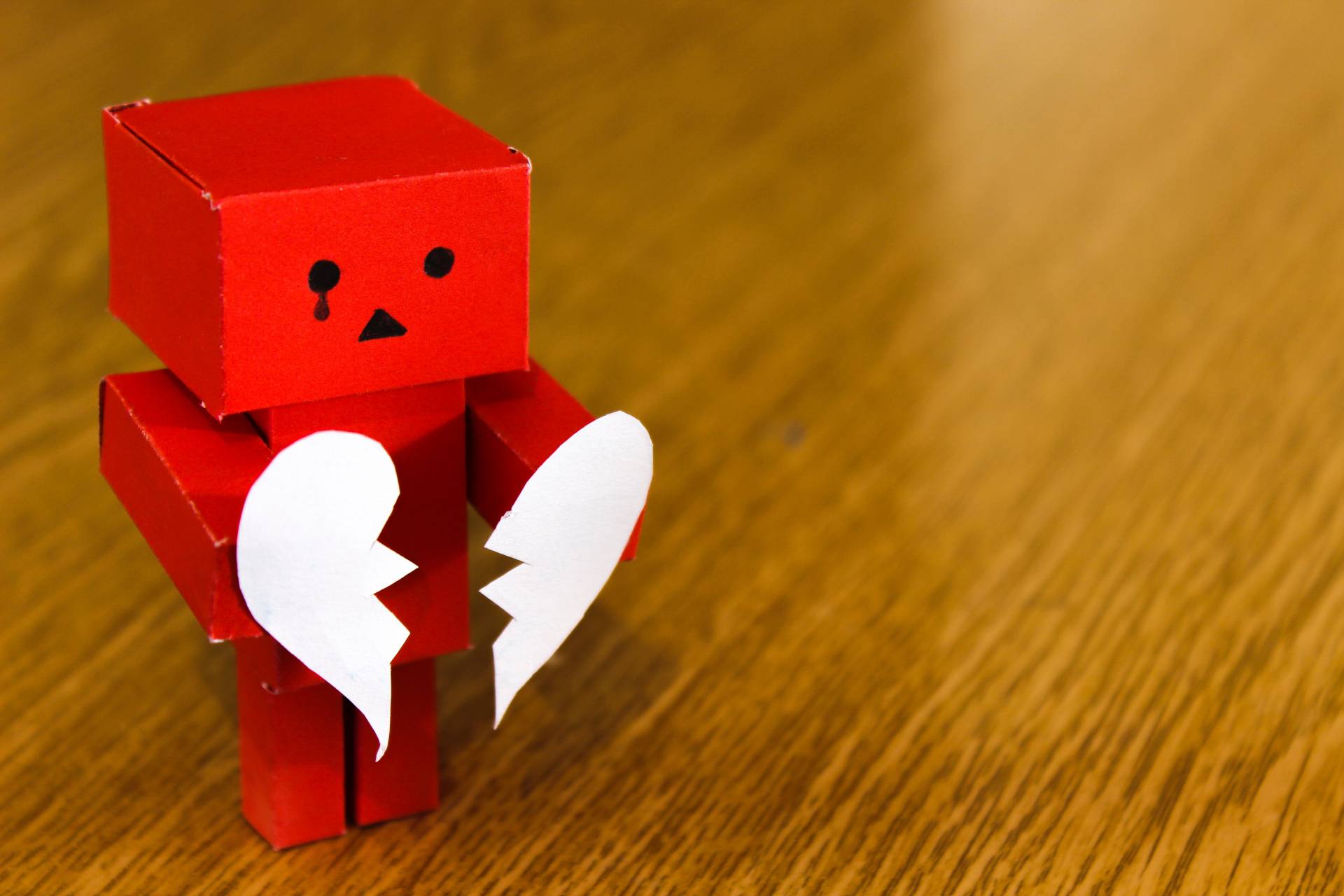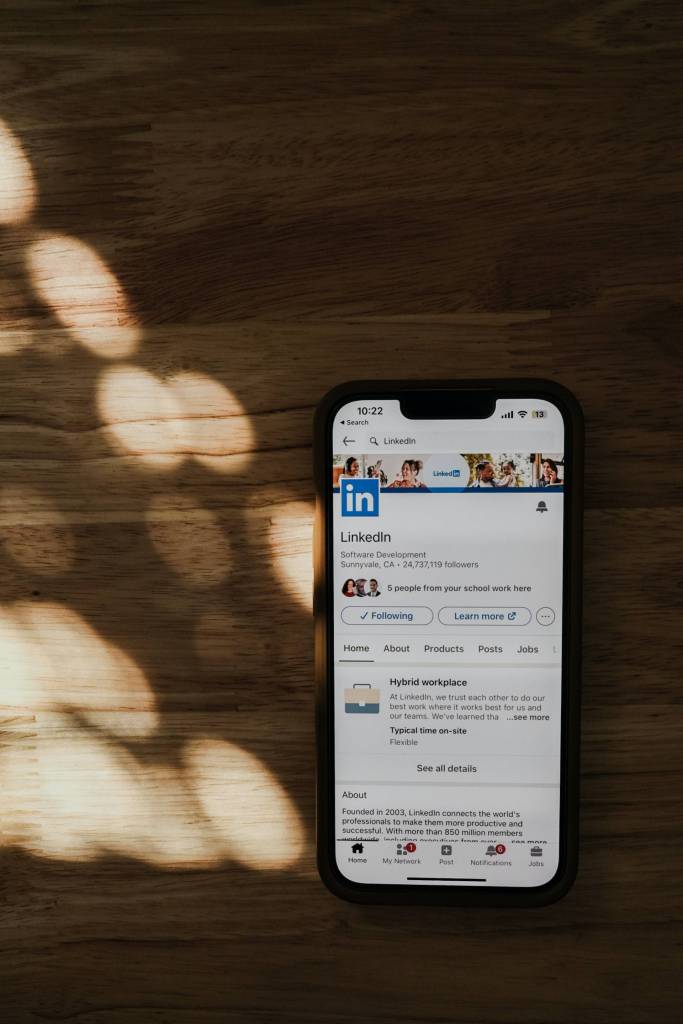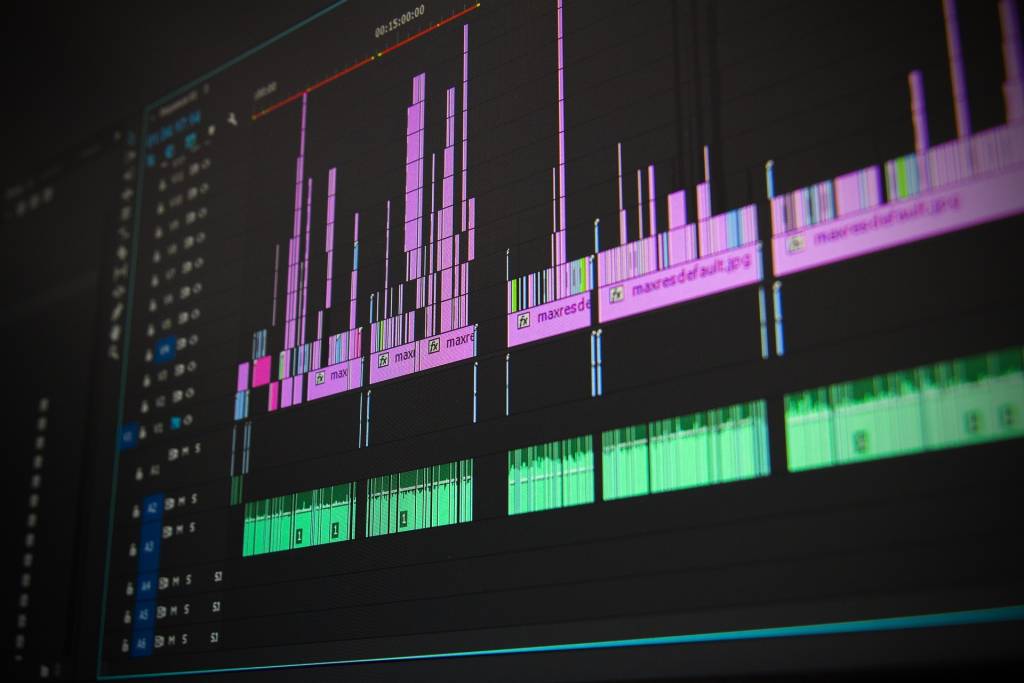Often I ask myself why we have become so ugly. As a practicing career coach, I always get infuriated when clients complain about the abuse and mistreatment they suffer from recruiters and organizations they apply to for posted job openings. What is the source of such disrespect and contempt directed at people who in the past had held very respected and eminent positions?
I remember that 20 or 30 years ago, when a job seeker applied for an open position, it was customary for the prospective employer to send the candidate a thank-you in the form of a confirmation letter. That was the proper business etiquette because companies knew that good public relations with the outside world were good for company reputation in the long run.
Later, the acknowledgment became a form letter that was issued automatically. Then that got replaced by a postcard. The same was the norm for communicating with applicants who’d prepared for and spent time at an interview but did not get the job. Today, most applicants are not recognized when applying for a position. In fact, 72% of applications are never seen by a human because either the prospective employer’s applicant-tracking-system software rejected the applicant’s résumé as being less than competitive with others received for the same position or—even worse—the system eliminated the résumé entirely because due to unusual fonts, misread characters, or tables it didn’t understand, the computer program scanning the résumé could not decipher the content.
What prompted me to write about this subject was an e-mail I received from a client who’d received an uncharacteristically gracious and considerate rejection letter after an interview. The letter had been written by the vice president of human resources, and it said that although my client’s credentials were very good and everyone on the hiring team favored him, at the last minute the company decided that for the long run, it would be better to fill the position with two junior people who, based on anticipated business needs, could grow while on the job and ultimately fill those future business needs. The tone of the letter was very personal, almost apologetic, and empathetic. I was shocked when I read it, because it was something so uncommon for nowadays.
But I’m still left asking myself, why have we become so ugly? After all, those who are employed today could easily be those looking for work tomorrow; in the current economy, nobody’s job is secure. The best answer I’ve come up with is that fast-emerging technologies replaced people, and those who remained had to pick up the slack created by the elimination of their recently fired colleagues. So, the pressure is mounting, and the by-products are less time and less ability to accomplish all the work. The result is change in perceived personality by those affected by the situation. And by the way, such behavior is contagious.
To some extent, such behavior may be compartmentalized by geographic regions. I live in central New Jersey, right between New York and Philadelphia, part of an area called the US Northeast. I remember, though, that when I lived in Denver, out west, the people were very different: they were nicer, friendlier, more welcoming than in the east.
A current client of mine told of a recent experience when he and his wife were invited for a series of interviews at a college in Ohio. He couldn’t stop telling me how welcome they’d felt, how pleasantly they’d been received, and that they’d even been put up at a potential future colleague’s house for two nights instead of just being booked into a local hotel. How genuine that colleague’s family was for opening their house and their community and even making their kids available to meet with this mere and otherwise unknown candidate for a not-even-very-high-level faculty position.
I keep wondering—and simply can’t logically explain—why we’ve morphed into a society of egotists, detractors, and misanthropes whose rule is “take care of number one.” And I’d certainly welcome others’ opinions.













